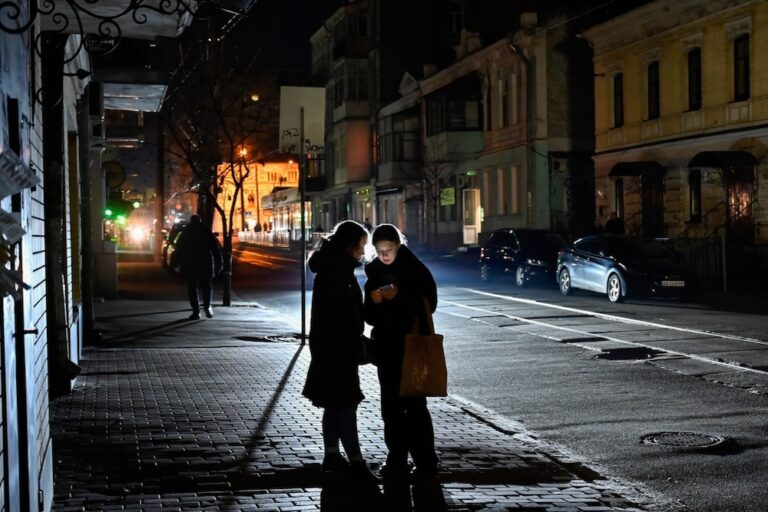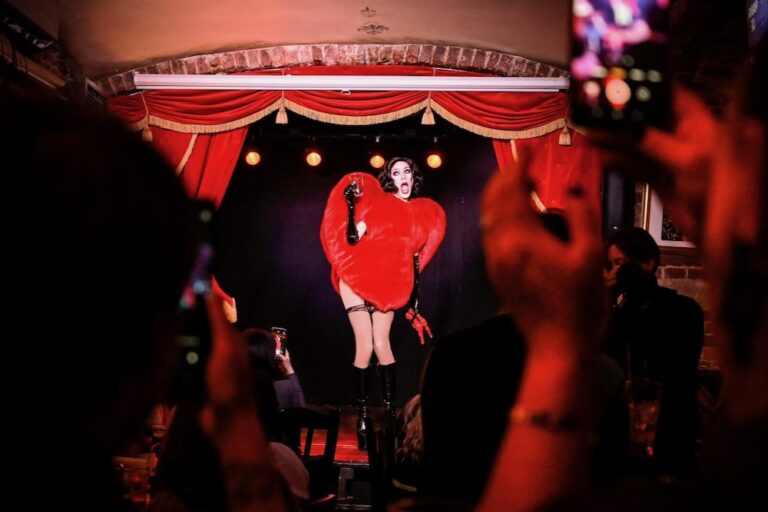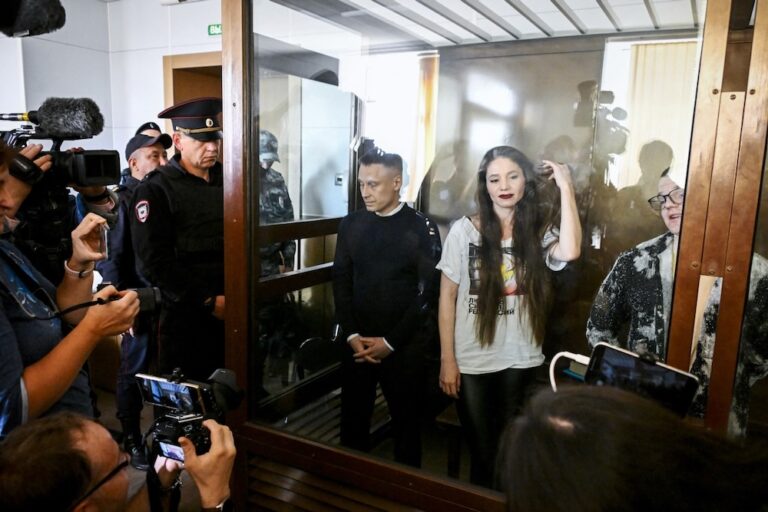(WAN/IFEX) – The following is a WAN press release: Moscow, Russia, 29 September 2005 Kremlin Ducks Out of Press Freedom Meeting As Journalists Talk of ‘Resistance’ Leaders of the Russian press and foreign publishers and editors, meeting in Moscow to discuss press freedom problems, were stood up by a senior Kremlin official who pulled […]
(WAN/IFEX) – The following is a WAN press release:
Moscow, Russia, 29 September 2005
Kremlin Ducks Out of Press Freedom Meeting As Journalists Talk of ‘Resistance’
Leaders of the Russian press and foreign publishers and editors, meeting in Moscow to discuss press freedom problems, were stood up by a senior Kremlin official who pulled out of the programme at the last minute.
“Another brilliant public relations coup to improve the Kremlin’s image on press freedom and independence”, said ironically – Timothy Balding, Director General of the World Association of Newspapers, which organised the meeting together with the World Editors Forum and the Russian Guild of Press Publishers (GIPP), during Publishing Expo 2005, which ends in Moscow today, Thursday.
Natalia Tymakova, Head of President Putin’s Press and Information Office, was to have defended the Kremlin’s position on press freedom and independence. She gave no excuse for her withdrawal from the meeting, where publishers and editors from Europe, Asia, Latin America, the USA and North Africa discussed a wide range of issues with the representatives of several leading Russian newspapers and magazines.
“The Russian media does not face classic censorship, as the word would normally be understood”, said George Brock, President of the World Editors Forum, in his opening remarks. “As far as the government’s approach goes, I would christen this technique of smart, informal censorship as ‘predatory manipulation,’ said Mr Brock, who is Saturday Editor of The Times in London.
“If the authorities, federal or local, believe that press freedom in Russia is ‘neither better nor worse’ than elsewhere in the democratic world” (as President Putin has claimed) “they are deceiving themselves,” he remarked.
“Taking normal press freedoms overall, Russia is currently moving away from — not towards — the basic understandings which underpin the relationship between the media, society and the state in Europe and America.”
The Russian speakers and panellists at the meeting pinpointed Kremlin interference, misused subsidies and official advertising budgets, low public trust in the press, poor distribution, the failure to adopt professional journalistic and business practices, and the domination of ‘quasi-government’ electronic media among the many reasons why newspapers in Russia today remain weak (only 27 out of 1,000 adult Russians buy a newspaper every day). But they were also highly self-critical:
“The lack of trust in the media has more to do with the media than the government”, said Vladimir Pozner, a prominent TV presenter. “Many journalists have sold out, many journalists are on the take”.
Pyotr Godlevsky, CEO of the Izvestia daily newspaper, said that the “misfortune” of the press was the “lack of solidarity” among publishers and journalists, who were also responsible for the drop in quality of newspapers that had led to such a high level of public disaffection only 9 % of Russians trust the media, compared with more than 50 % who trust President Putin.
Andrei Richter, Director of the Moscow Media Law and Policy Institute told the meeting that “only when the people are interested in the destiny of newspapers will they stand up for the freedom of the press”, adding: “It is possible to fight the authorities, but it’s difficult because the power of the media is incomparable to that of the authorities. We must start by raising the authority of the media”.
A glimmer of hope that the “resistance” of journalists has begun was given by Yury Purgin, the CEO of provincial press group Altapress and President of the Independent Regional Publishers Association, ANRI. Mr Purgin said that the authorities were beginning to learn “that they are not dealing with uniquely obedient media”. Citing a recent petition signed by several hundred journalists against an abuse of government authority, he said: “We are starting to confront the powers and stand up for ourselves”.
“Towards a Free and Independent Press in Russia” was organized by WAN, WEF and the Russian Guild of Press Publishers in the lead up to the World Newspaper Congress and World Editors Forum, the global meetings of the world’s press, which will they will organize in Moscow from 4 to 7 June 2006.
The Paris-based WAN, the global organisation for the newspaper industry, defends and promotes press freedom world-wide. It represents 18,000 newspapers; its membership includes 72 national newspaper associations, individual newspaper executives in 102 countries, 11 news agencies and nine regional and world-wide press groups.


